Guest writer: Anna Nilsson Spets
At the memorial site in Potocari outside Srebrenica, the air is thick with sadness, not even a bird chirping. No one says a word, words cannot describe this. All the angels in heaven are crying.
Time stops, I reverse the tape to - 95 when hell broke out on all sides and evil showed its worst face.
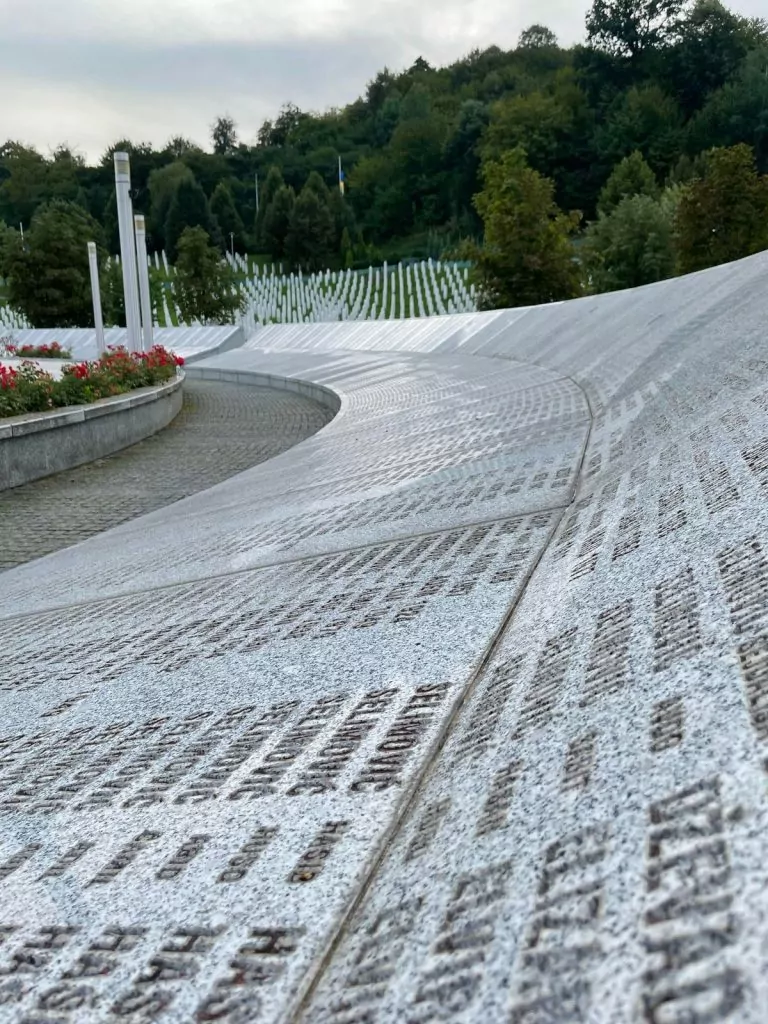
Srebrenica is located in eastern Bosnia, in what is now the Serbian part. The name Srebrenica means silver = bridge; silver and other minerals were mined in the area. The city is very old, around 2000 years old and has roots in the Ottoman Empire.
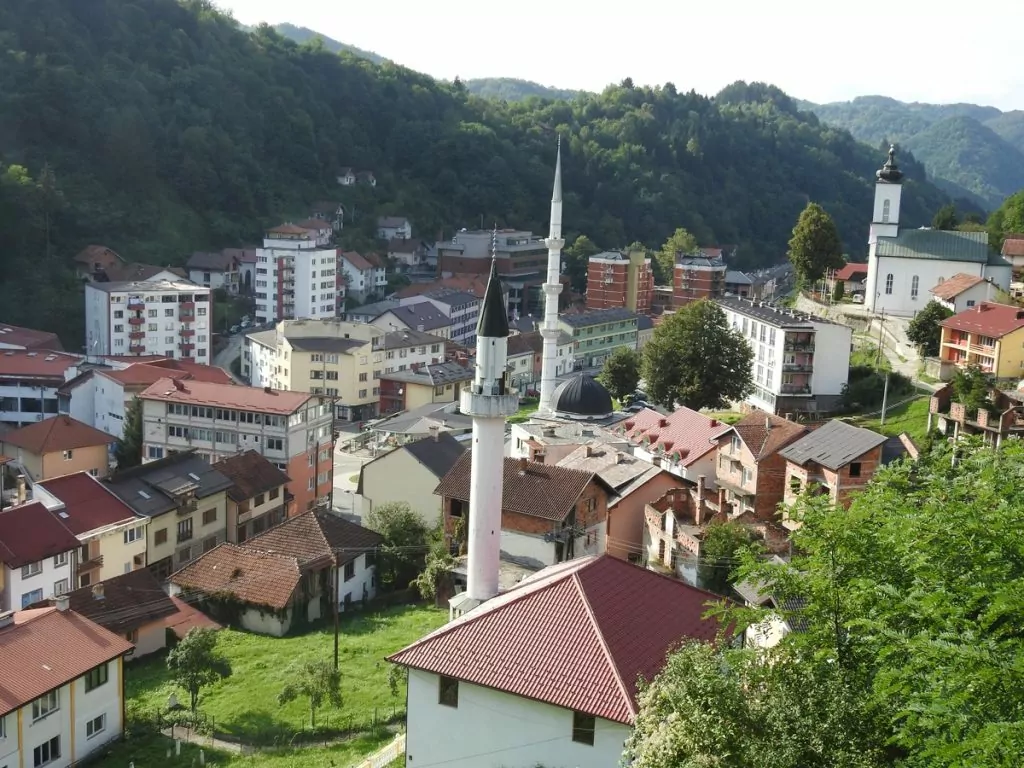
At that time, in July 1995, I was sitting in a summer cottage on the east coast, the transistor radio was broadcasting the news of the fall of Srebrenica, I was crying.
My job at the time was the integration of refugees, mostly from Bosnia. 450 broken and traumatised people who had come to my small hometown in Mälardalen. My Bosnian refugees sat up all night with amateur radio trying to get information about their relatives. Someone received a Red Cross letter months in the making - "We don't even have salt," wrote a grandmother from Srebrenica, the town that had a salt industry.
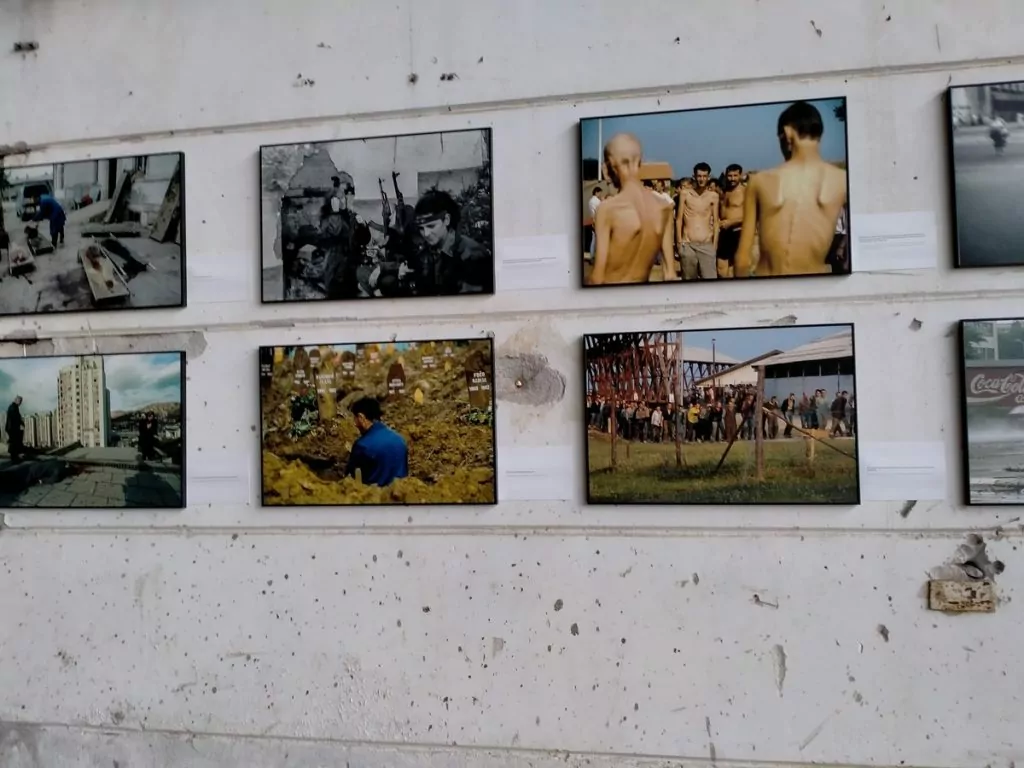
Srebrenica was declared a UN protected zone. Serbian forces moved closer and closer to take the town in July 1995.
Around 20,000 refugees from neighbouring areas made their way to the UN base in Potocari. Many fled through the forest and over the mountains towards Tuzla. UN troops were disarmed and disaster struck, women and children were bussed to Bosnia-controlled areas and boys and men were executed. 8372 boys, husbands, brothers and grandparents.
8372 8372 8372 8372 8372
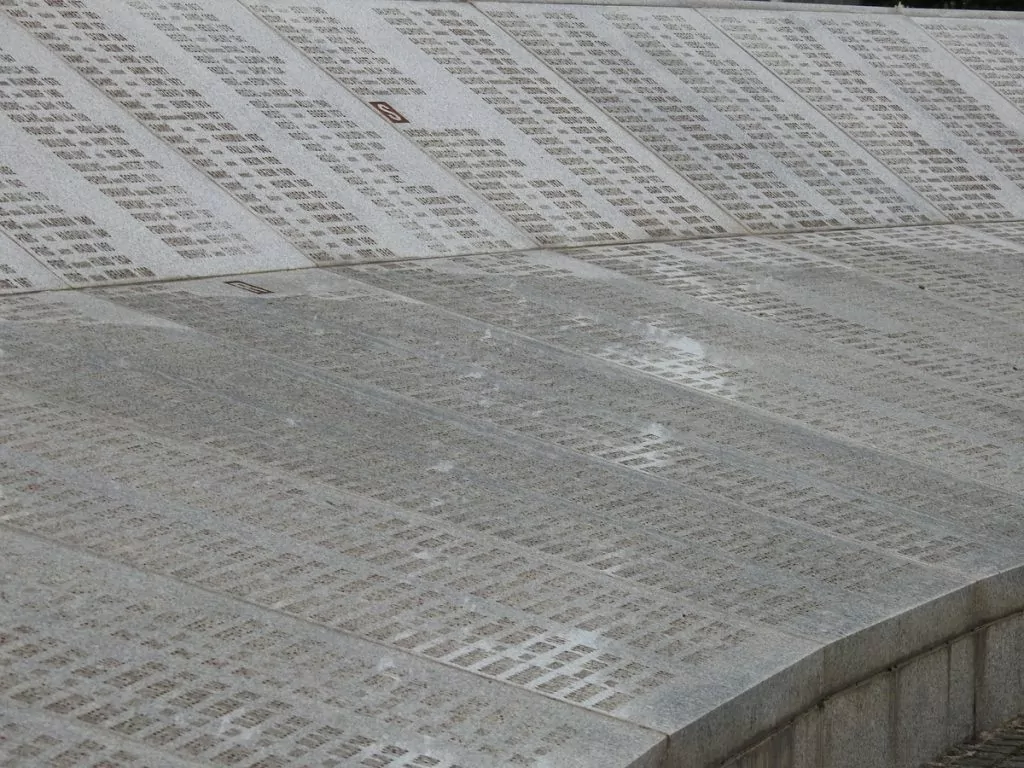
The former battery factory in Potocari is now an exhibition centre, anxiety clinging to the walls. Women were raped and abused, all boys and men were separated from their families. They never saw each other again.
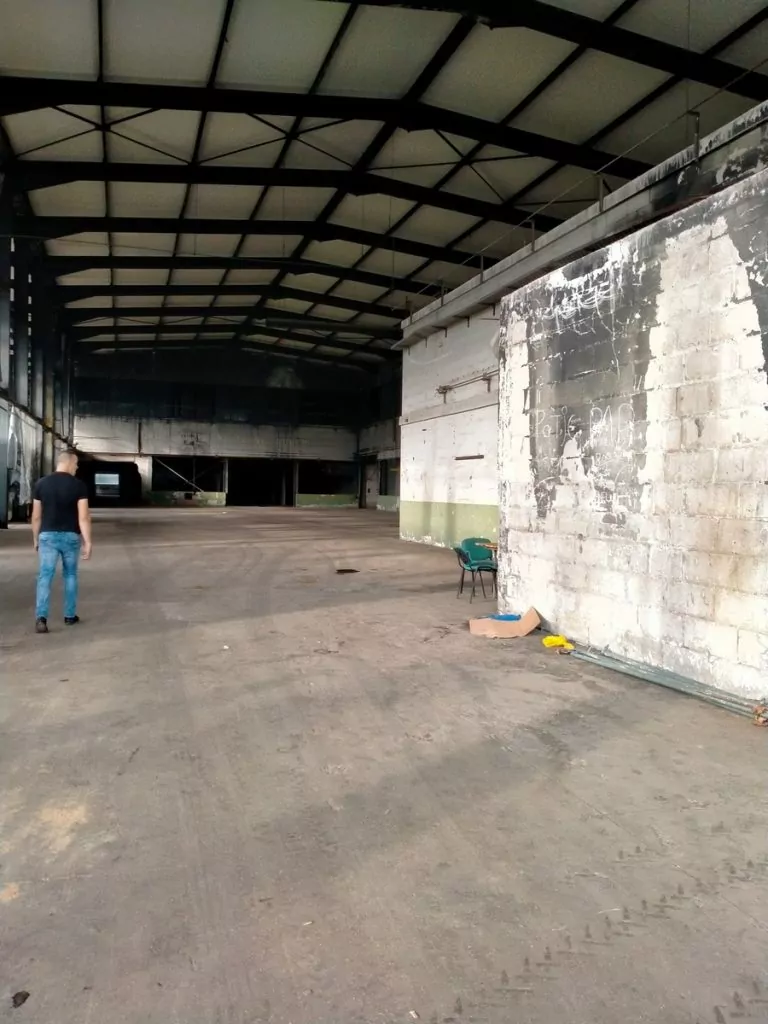
This was the largest genocide in Europe today, a planned one as transport, fuel, assembly points and mass graves were already prepared.
On 11 July each year, the anniversary of the massacre is commemorated. Even today, 28 years later, victims found in newly discovered mass graves and identified by DNA are buried. Today, Srebrenica is a town still healing, many houses are empty but life has somehow gone on.
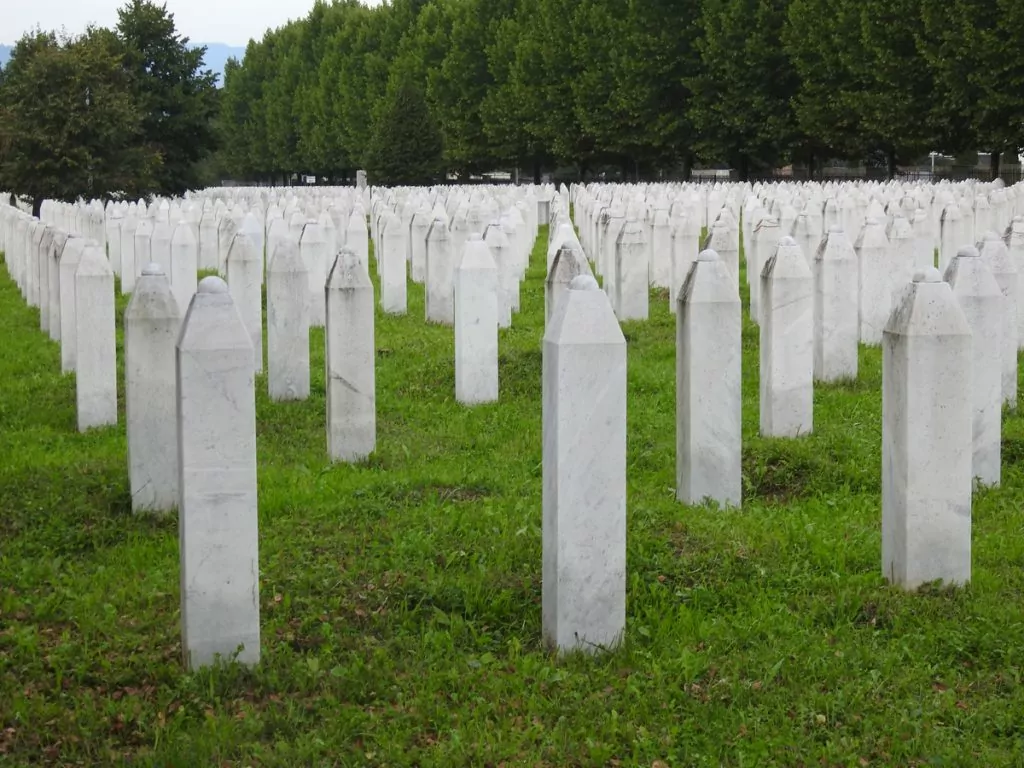
The area around the city has a long tradition of health springs and we travel on winding roads up through the city to the old spa area of Guber.
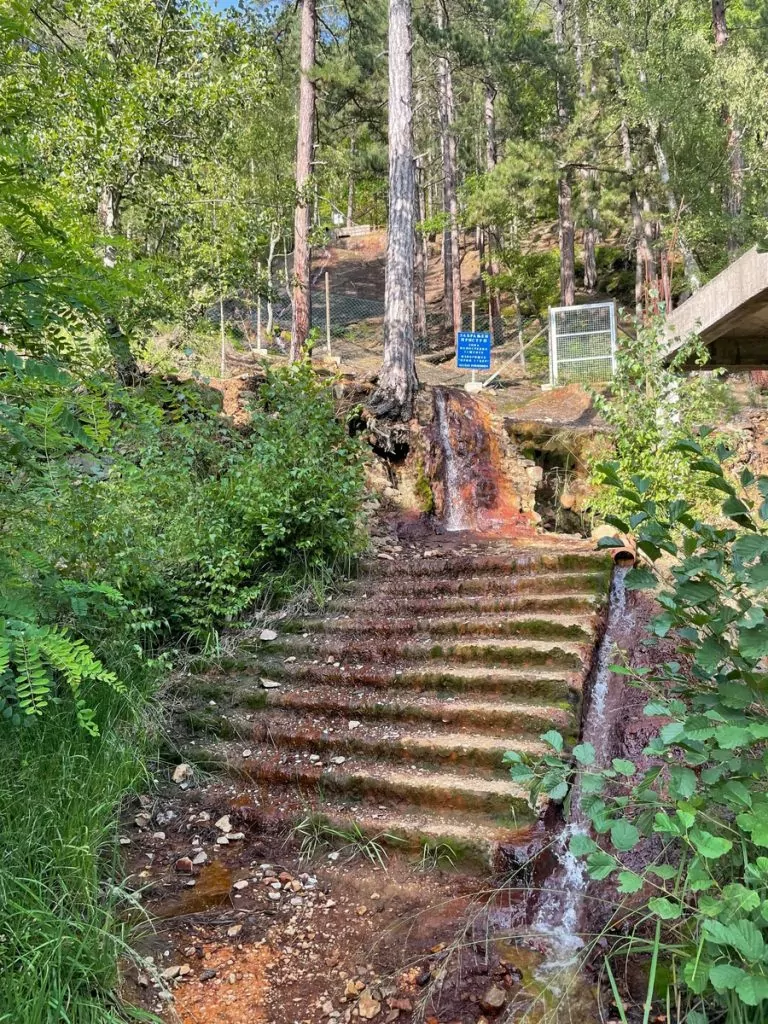
Nature is perfect for walks and picnics. Each underground spring has a sign telling you what the water from that particular spring is good for.
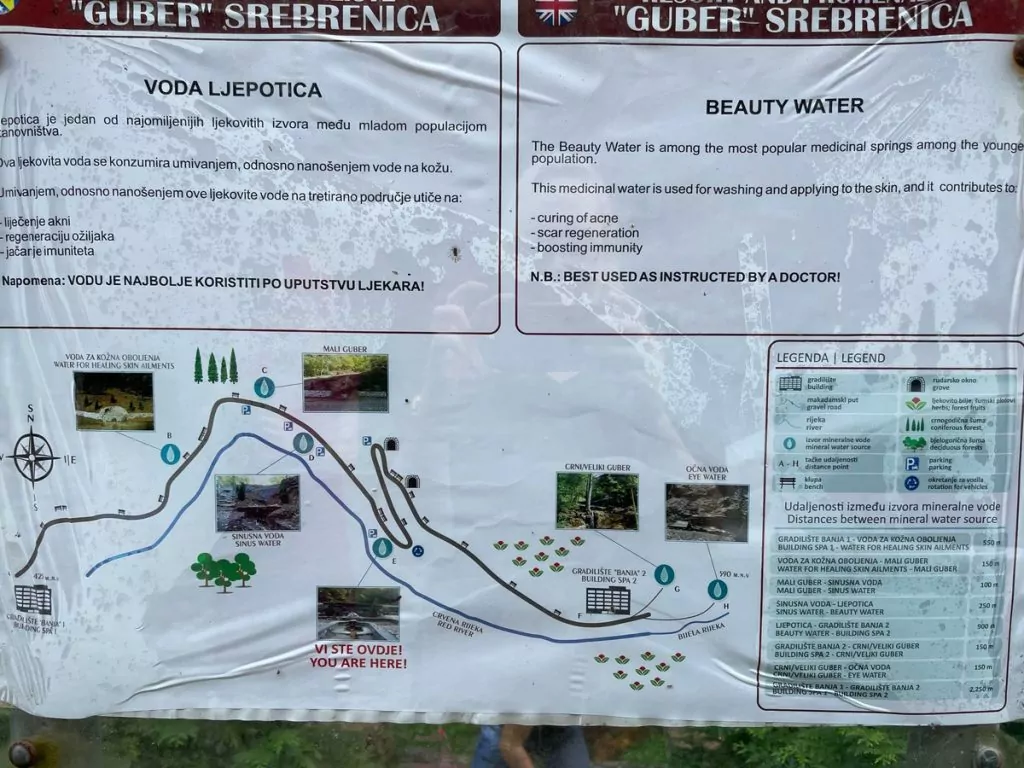
We rinse ourselves with all sorts of things to improve our eyesight and, above all, our beauty. The water contains calcium, magnesium, iron, copper and so on. Unfortunately, I can't find a source for eternal youth.
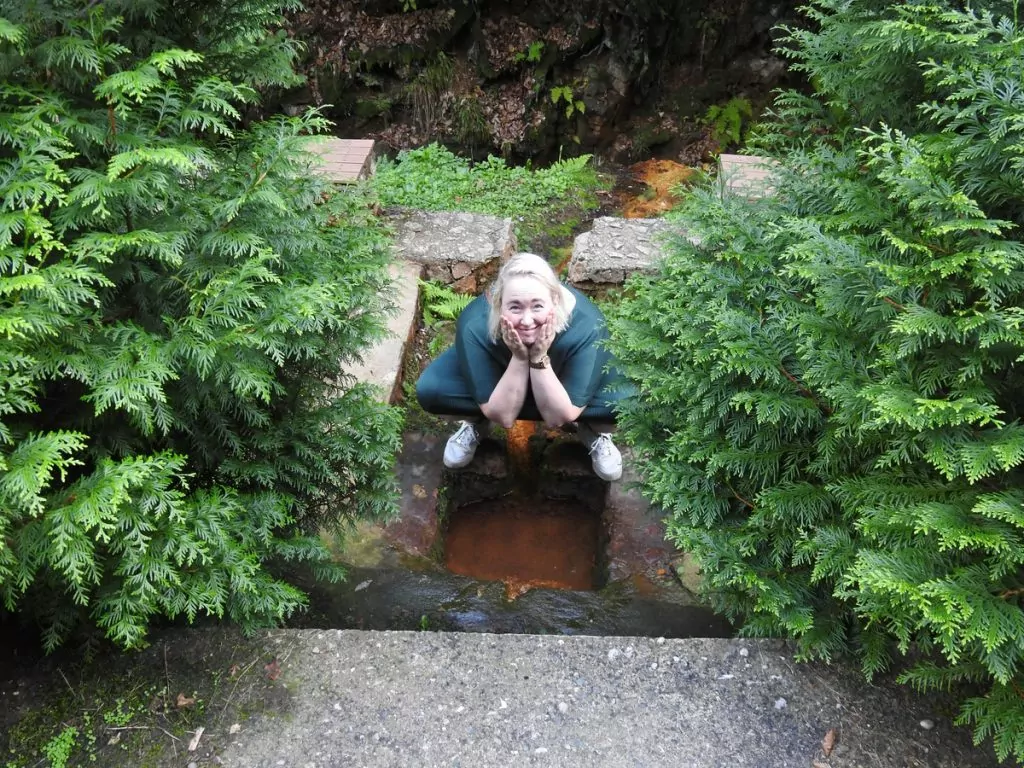
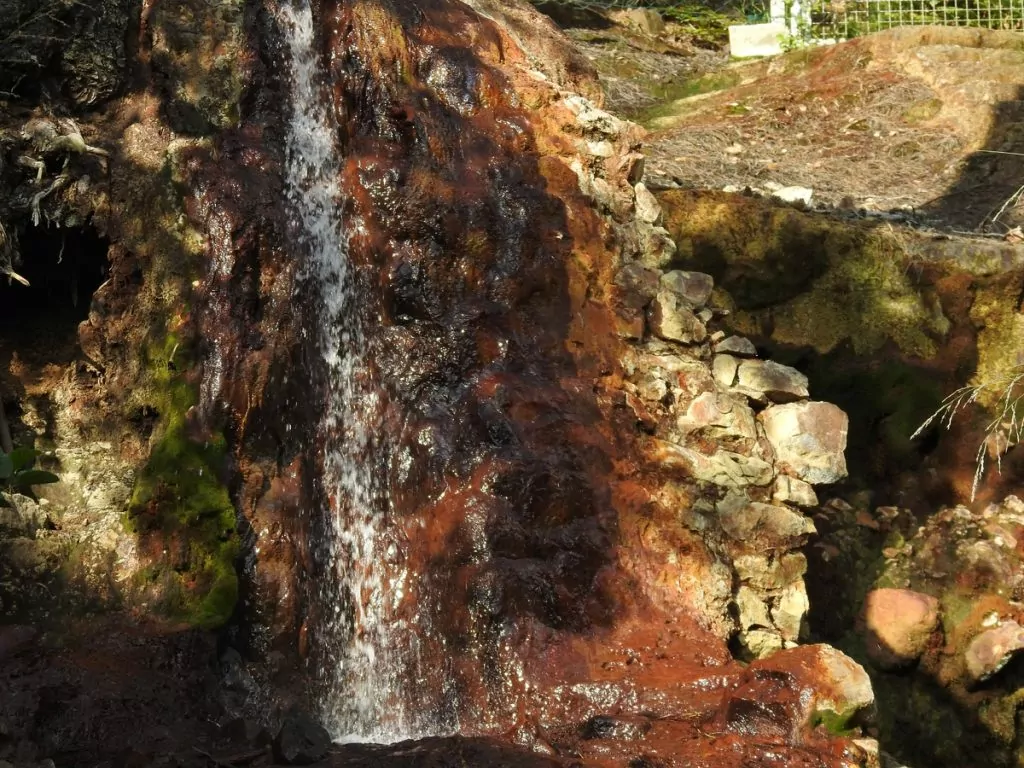
The old well-known spa hotel has been deserted for many, many years. The sports centre will never again be used for sports.
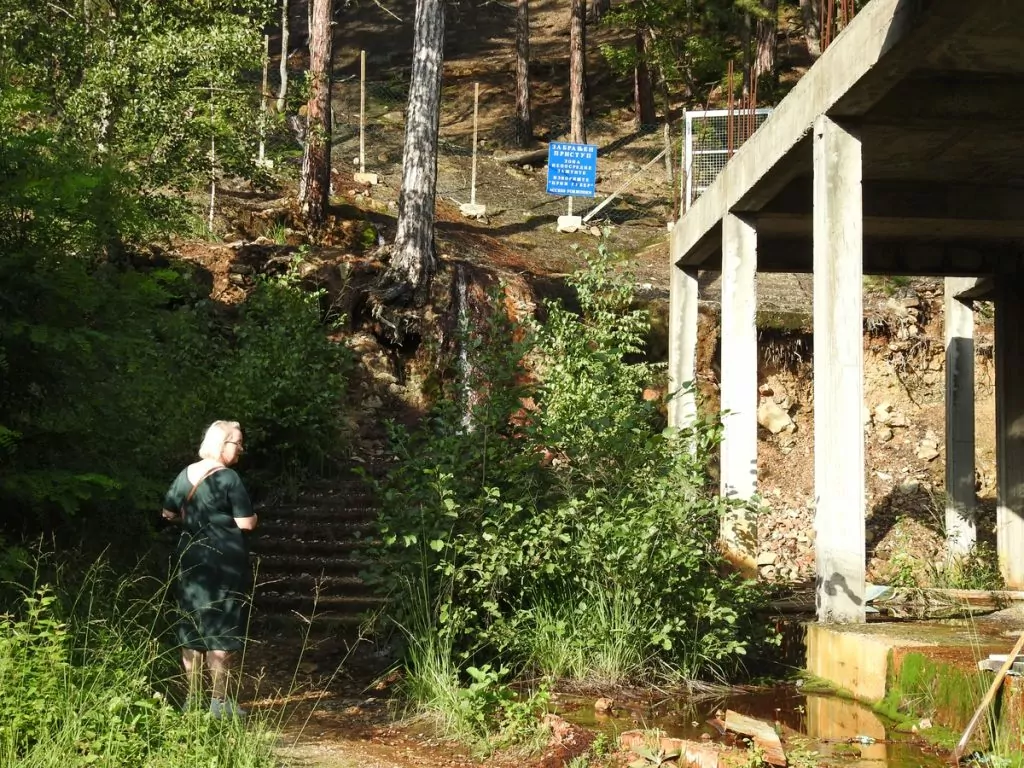
The view of the city is more beautiful than its sad history.
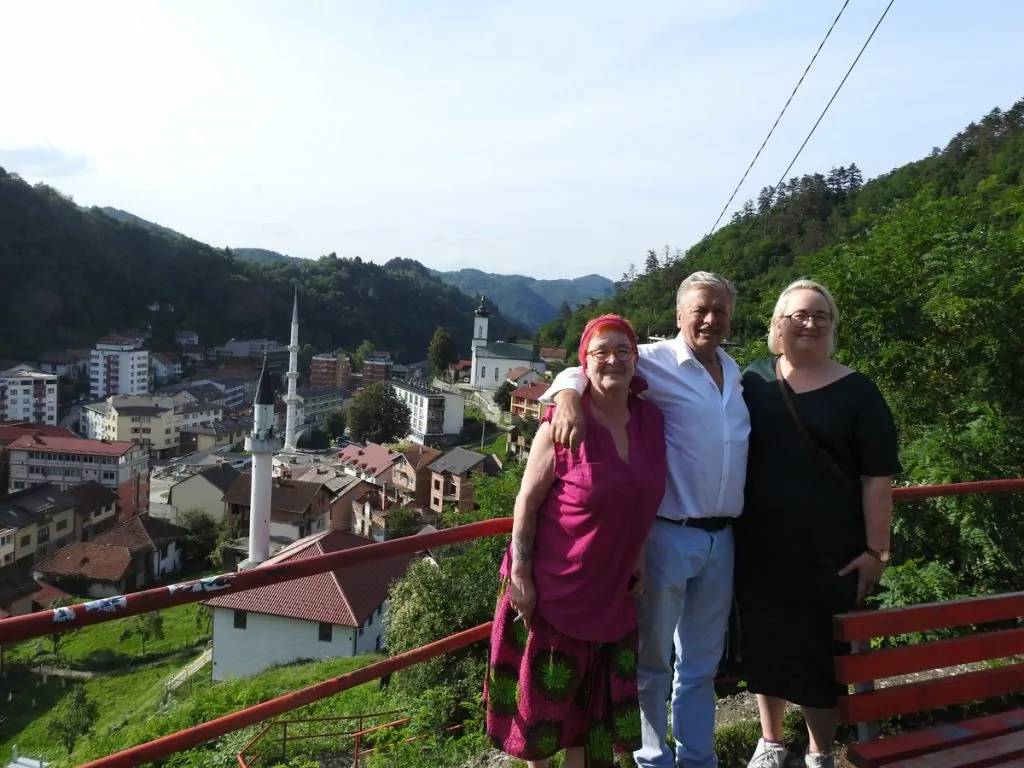
Bosnia and Herzegovina has a lot to offer, much of it centred on its history of wars, ethnic cleansing and displacement. Should we be reminded of all this? My simple answer is yes, we need to be reminded in order to prevent it from happening again.
get to Srebrenica
- Own car: 75 kilometres from Sarajevo
- Bus: From Sarajevo every day
- Turer: Guided tours from Sarajevo


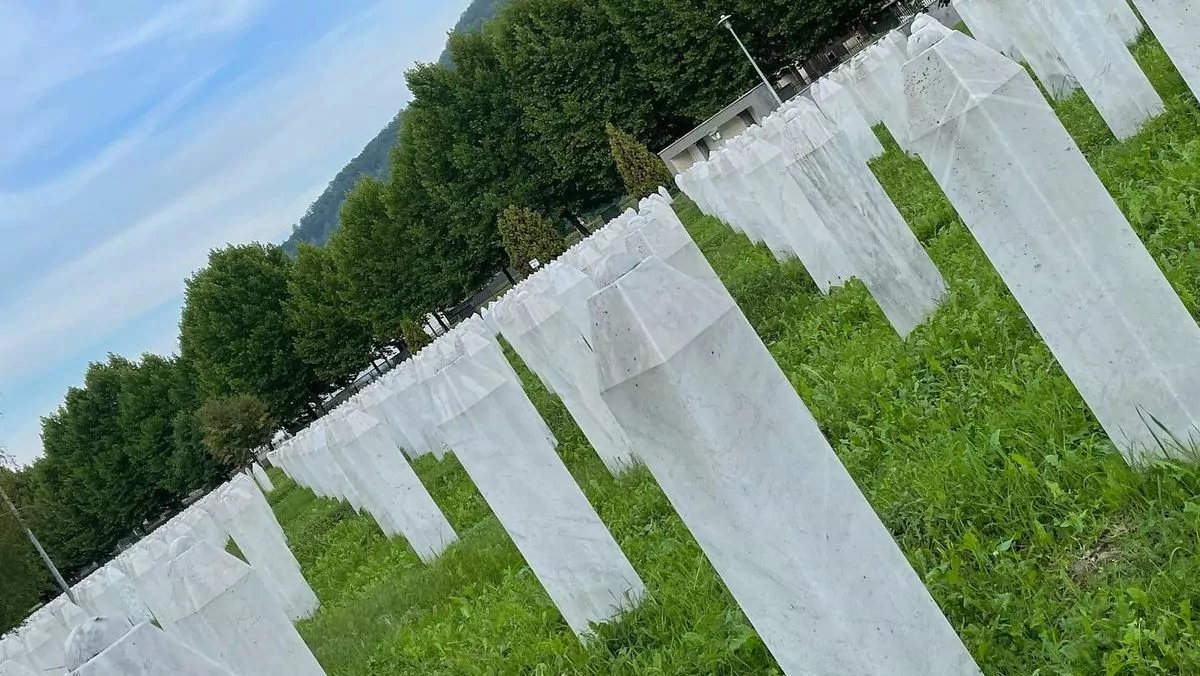






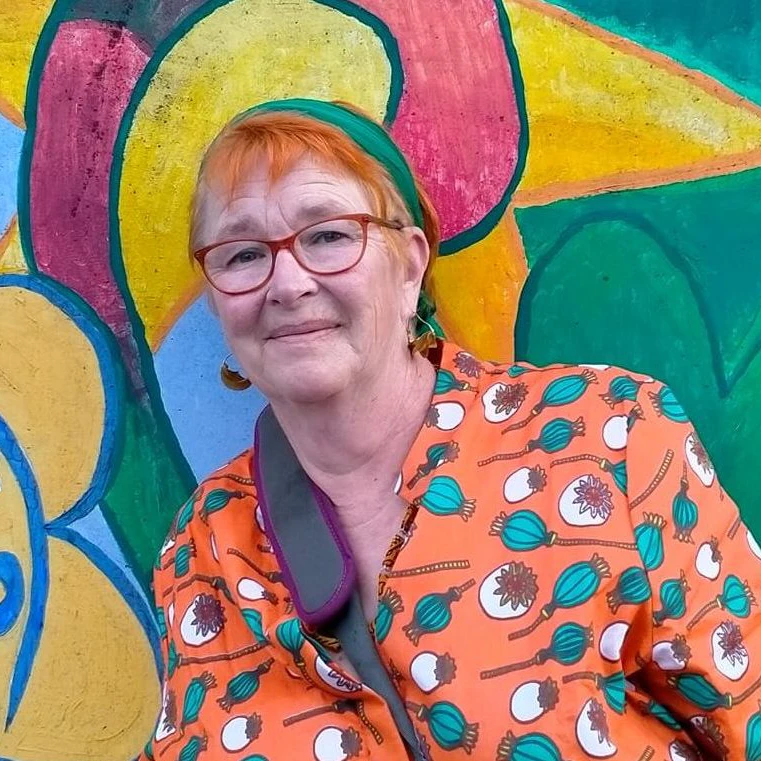
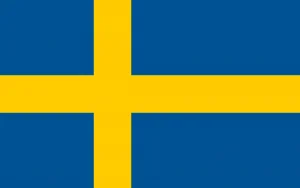
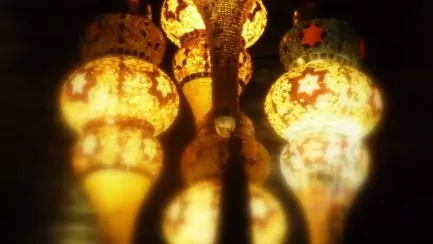
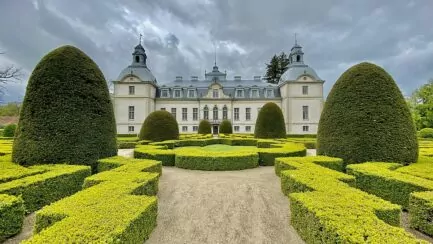
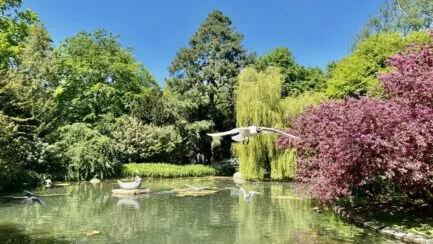
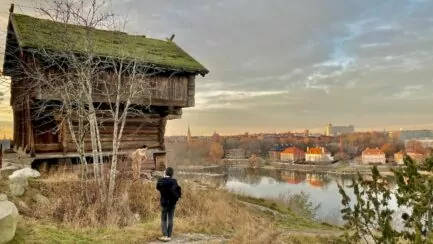
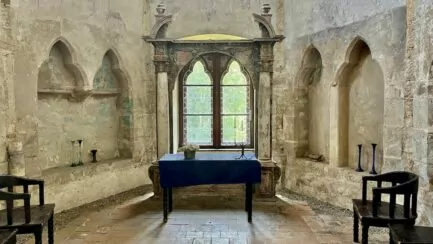
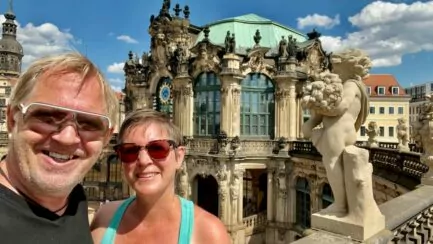



BP says:
Your post is a reminder that humans never learn from anything. Nor will they. We should have learnt from the Second World War, but no, we haven't... How tragic...
20 April 2023 - 20:23
Anna Nilsson Spets says:
The lessons of the Second World War, as we had hoped, did not happen and will never happen. Unfortunately, the
22 April 2023 - 7:25
Deciree Granberg says:
It is so horrible what evil there is in the world. Our friends are from Bosnia and they fled for their lives and were involved in all this. Horrible horrible thought what life they lived. They were separated but she was lucky enough not to be raped and killed and they were lucky enough to find each other again. It is that they had the angels with them you could say.
21 April 2023 - 7:26
Anna Nilsson Spets says:
I worked with refugees from Bosnia, I heard so many horrible stories every day, there were no limits. A few sunny stories too, of course, but few.
22 April 2023 - 7:27